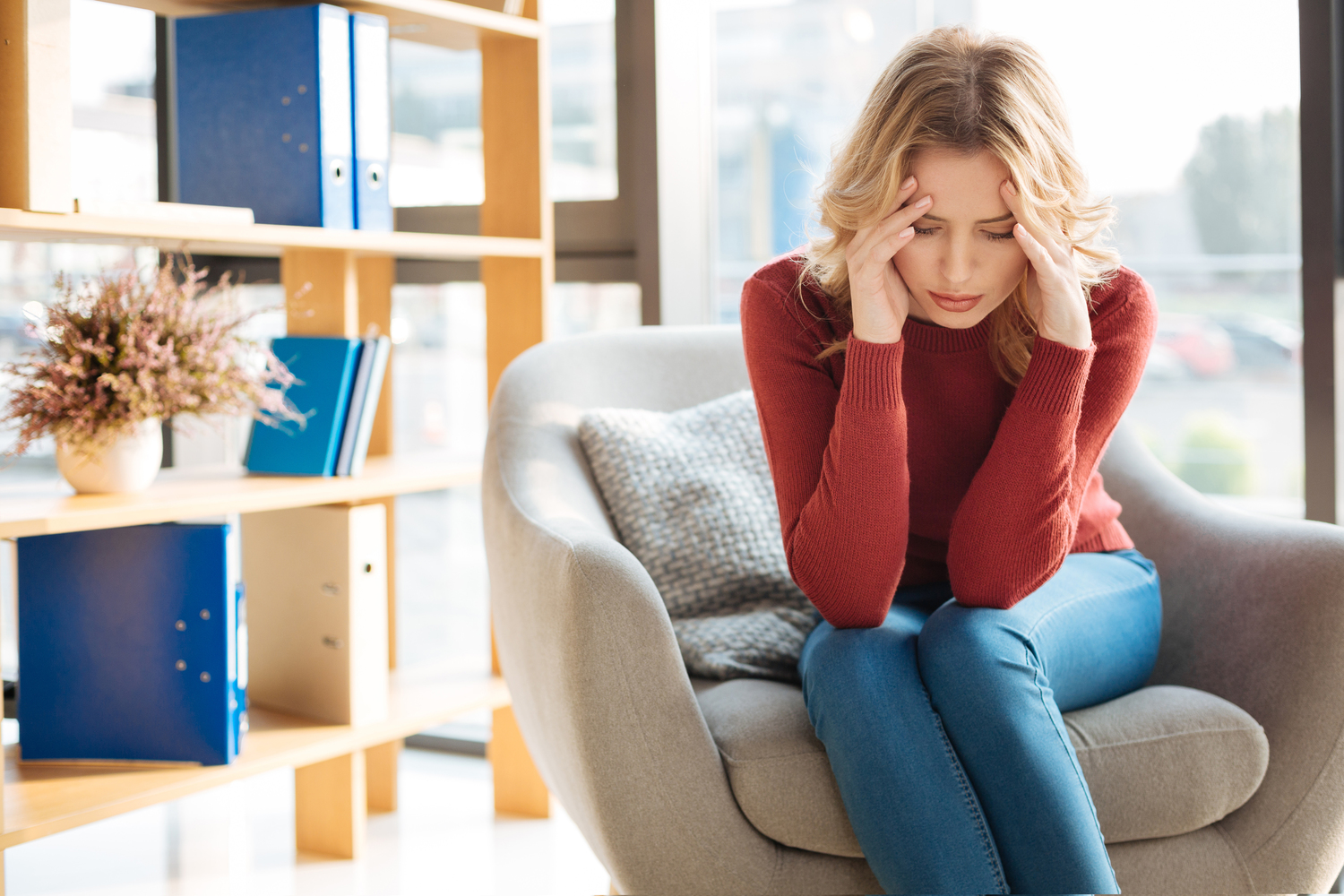Symptoms, Types, And Natural Remedies For Headaches
Symptoms, types, and natural remedies for headaches
A headache is characterized by an uncomfortable sensation in the head. They are probably the most common medical complaint that bothers people and affects almost everybody at least once in their lifetime. Most of us just tend to shrug it off as a regular occurrence. However, you should watch out for headache symptoms, know about the types, and also know about the remedies that can be used for the same just in case they are pointing towards something more serious.

What are the most common headache symptoms?
Headache symptoms are dependent on the type of headache that is occurring. However, the list of the most common headache symptoms comprises of the following:
- A tension headache can cause mild to moderate pain in the head, which may feel like a band grappling your head tightly.
- A migraine headache gets really bothersome with the patient experiencing severe throbbing on either side of the head and other severe headache symptoms.
- A cluster headache may be characterized by intense pain, which often occurs around the eye.
What are the different types of headaches?
There are five different types of headaches which are characterized by different headache symptoms:
- A tension headache is supposed to be the most commonly occurring form. The pain for this may even spread to the neck. These are divided into being episodic and chronic. Episodic attacks are caused in short durations and chronic type occurs for at least a duration of fifteen days for around three months.
- Another common type of a headache is a migraine. Apart from a throbbing pain on one side, the symptoms may be accompanied by lightheadedness, sensory disturbances, blurred vision, and even nausea.
- A rebound headache is caused when one has a medication for treating the headache. This may be characterized by restlessness, a reduced sleep quality, nasal congestion, and even a neck pain.
- Cluster headaches are another type of a headache that lasts between fifteen minutes and three hours. They may also occur once per day or even up to eight times a day.
- A thunderclap is the rarest form of a headache. It is the most intense type of a headache and may even be a symptom of a life-threatening problem such as an aneurysm or a hemorrhage.
What are the causes of headaches?
To understand the causes of headaches, they are divided between primary and secondary headaches.
- Primary headaches are the headaches which do not have an additional cause and are not usually symptomatic of any other problem. They are generally caused by the over activity of structures in the head.
- Secondary headaches are often indicators of other conditions. The causes for this kind of headaches may include a hangover due to over-consumption of alcohol, brain tumor, bleeding in the brain, blood clots, Influenza, panic attacks, stroke, and over usage of pain medications
What are the home remedies of headaches?
Most headaches will go away with time and can also be healed with regular home remedies. Some remedies which you can try out are as follows.
- Practice adequate hydration as it can relieve severe headache symptoms.
- Taking magnesium supplements as it has proven to be an effective remedy to get rid of headaches.
- Getting adequate sleep and cutting out alcohol is also a good remedy.
- Using essential oils such as peppermint and lavender oil is important.
- Try a B-complex vitamin substitute, as it is a good remedy to alleviate severe headache symptoms.
- Additionally, you can also try to alleviate the symptoms by using a cold compress on the head.
What are some alternative treatments recommended for headaches?
There are plenty of alternative treatments, which have proven to provide relief in headaches. However, undertake these only when your medical consultant approves them. Some of the common alternatives that you can use are:
- Acupuncture
- Herbal products or natural products
- Hypnosis
- Practicing regular meditation for better results.















